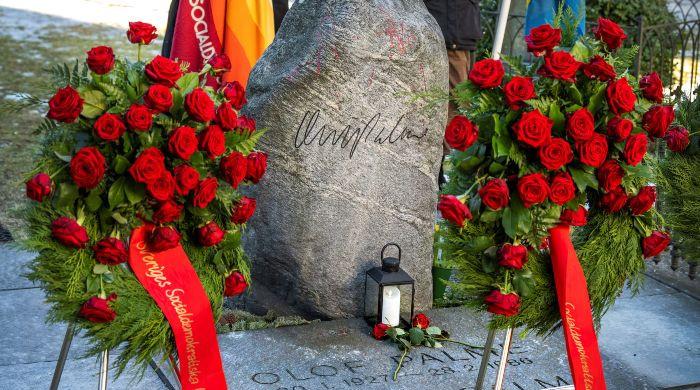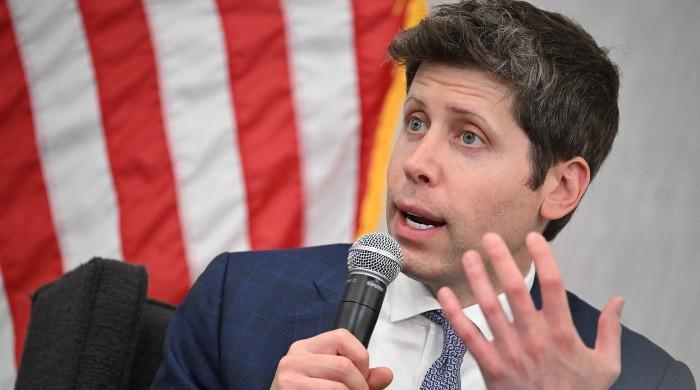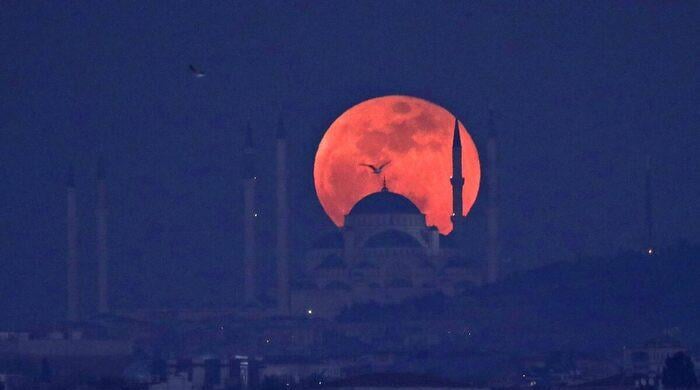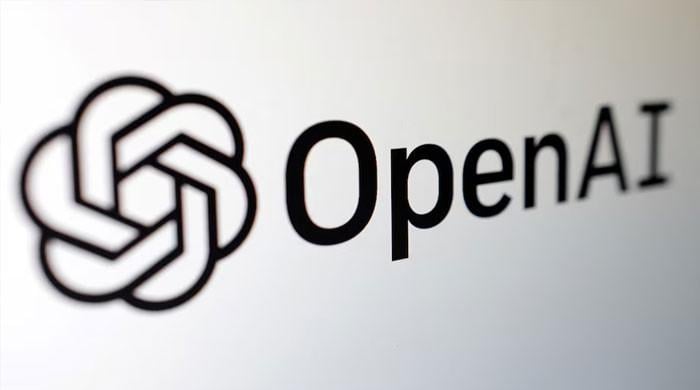Global space science conference ends in Islamabad with focus on sustainability
Conference brings together unprecedented gathering of scientists, researchers, students, policymakers, astronauts
November 20, 2025
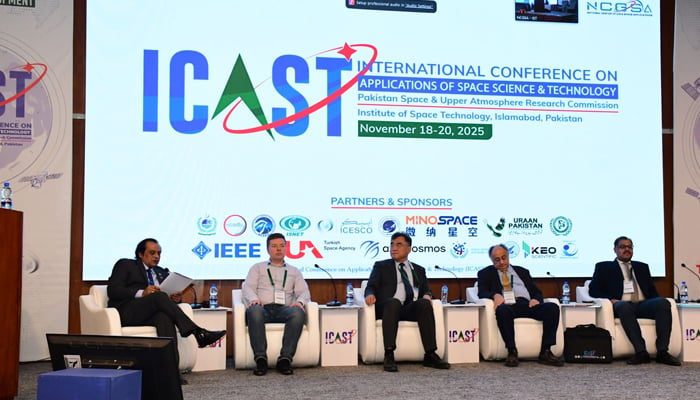
The International Conference on Applications of Space Science and Technology (ICAST–2025) concluded on Thursday at the Institute of Space Technology (IST), Islamabad, marking a historic milestone in Pakistan’s pursuit of scientific advancement and international collaboration in the peaceful uses of outer space.
The event was jointly organised by the Pakistan Space and Upper Atmosphere Research Commission (Suparco) and the Institute of Space Technology (IST).
The three-day global conference brought together an unprecedented gathering of scientists, researchers, students, policymakers, astronauts, and representatives of leading international organisations from more than 25 countries.
With over 2,000 participants, 70+ international delegates, and 80+ scientific and thematic sessions, ICAST–2025 emerged as Pakistan’s largest and most globally visible space science event.
Centered on the theme Space for Sustainable Development, the conference offered high-level dialogues and cutting-edge exchanges across fields including satellite technology, astronomy and astrophysics, AI-driven geospatial applications, climate resilience, disaster risk reduction, space law, aeronautics and astronautics, and emerging space missions.
Specialized seminars, masterclasses, poster sessions, a technology exhibition, and the Meet the Astronauts Forum — featuring astronauts from Turkiye, Mongolia, and the United States — provided immersive learning and engagement opportunities for students, researchers, professionals, and enthusiasts.
A major highlight of the final day was the ICAST–2025 closing ceremony, beginning with the presentation of the ICAST Report by the Conference Secretary, Prof Dr Najam Abbas, who outlined the conference achievements, international participation, and the collaborative outcomes of the three-day event.
This was followed by the address by Chairman of Suparco, Muhammad Yousaf Khan, who thanked international delegates, speakers, researchers, and partner organisations, and reaffirmed Pakistan’s commitment to strengthening global cooperation in the peaceful uses of outer space.
IST Vice Chancellor, Syed Najeeb Ahmed, in his closing remarks, appreciated the collective efforts of the organizing teams, highlighted IST’s commitment to advancing space education and research, and expressed gratitude to all participants for contributing to the success of ICAST-2025.
ICAST-2025 also served as a significant diplomatic platform, hosting the 14th Governing Body Meeting (GBM) of ISNET and facilitating the signing of multiple Memoranda of Understanding (MoUs) with international organisations and space agencies.
These agreements will enhance cooperation in Earth observation, space applications, space science education, climate monitoring, capacity building, and future mission planning.
The conference included an engaging session on Moon Sighting: Scientific, Religious and Technological Perspectives, along with special events aligned with GIS Day 2025, highlighting Pakistan’s rising leadership in modern geospatial technologies, Earth observation systems, and innovative environmental monitoring solutions.
With its impressive outcomes and international outreach, ICAST-2025 firmly establishes Pakistan as a regional hub for space science collaboration, innovation, and knowledge exchange.
ICAST-2025 concludes as a proud moment for Pakistan — celebrating scientific excellence, global partnership, and a shared vision for harnessing space for the collective benefit of humanity.
Ahsan Iqbal, Federal Minister for Planning, Development and Special Initiatives, attended the closing ceremony as the chief guest.




